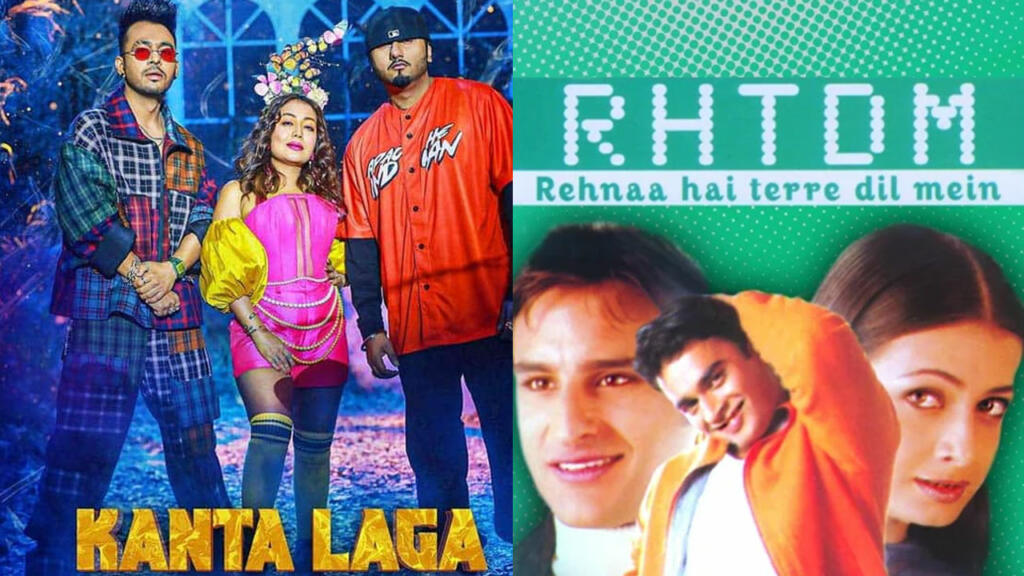Lately, the entire Bollywood industry is facing a lot of flak from the public for its nepotism and drug culture. While the movies churned by the industry were already hitting a new low, courtesy shallow idiotic scripts, often copied from Hollywood or Southern movie industries, the façade of the larger-than-life heroes and heroines of the industry seemingly remained intact.
However, with the advent of social media, that mirage has been diluted as well. The last straw that defined Bollywood was its powerful music industry but the remix culture and lack of originality from the new-gen composers and singers have brought a spectacular demise of it as well.
Today, October 19 is a memorable day, for both music lovers and cinema buffs. It is the day when Gautam Vasudev Menon released Rehna Hai Terre Dil Mein twenty years ago — the Hindi remake of his movie Minnale. Though it was an average grosser, the movie became a cult classic, thanks to the beautiful songs.
From the title song ‘Sach Keh Raha Hai Deewana’, ‘O Mama Mama’, ‘Zara Zara’, ‘Dilko Tumse Pyaar Hua’, to even the innocuous background score, people were in awe of the music of the movie.
However, a lot has changed in the industry ever since. The aforementioned songs have been replaced by ear-shattering noises like ‘Genda Phool’, ‘Bachpan Ka Pyaar’, ‘Kanta Laga’, in which the absurd lyrics aided by the mindless din multiply the ordeal.
Movies have become a snooze fest and, if one manages to capture the imagination of the audience, it is considered an aberration. The songs in the movies are reduced to lazy plot devices that serve no purpose. Once Hindi film music showcased almost all indigenous musical genres be it classical, ghazal, bhajan, folk or qawwali. Today, all these beautiful musical genres have practically become extinct from film music.
Earlier, almost all film music composers were well-versed with ragas and were inspired by the local folk music of the place they hailed from. The culture of guru-shishya in the music industry was a wonderful sight but even that has become obsolete now. The singers and composers have no nuance of the basics and everyone appears to be hacking their way through.
Some born talented singers do not need tutoring but that doesn’t mean one skips learning music and the intricate craft involved behind it.
The songs of the yore are used to enhance the movie-watching experience. They used to bring the audience back to the theatre. Producers pulled all-nighters practising the song with the singer. After all, in most cases, the singer had only crack at the song. And he/she had to finish it without losing the soul of the song anywhere.
There was precision, patience, and most importantly raw talent required to produce songs. However, the convenience economy has meant that people can sing and record songs at the comfort of their homes and that precisely has led to the severe degradation of the song culture of Bollywood.
When the ‘urdufication’ of Bollywood happened, the music composers and lyricists became singular in their approach as well. Interspersing Hindi songs with some heavy vocabulary of Urdu is seen as a sure-shot guarantee of success. The one’s that did try to take the alternative was quietly set in their place.
The Pop genre has become the mainstream and there’s no problem with it. However, when it doesn’t let other genres breathe, that’s where the problem arises. Often there is an argument that music producers are merely serving what the masses are listening to. However, it’s a straw man argument. The audience does not have the alternative and unless the industry goes back to the basics, the downfall would continue.
